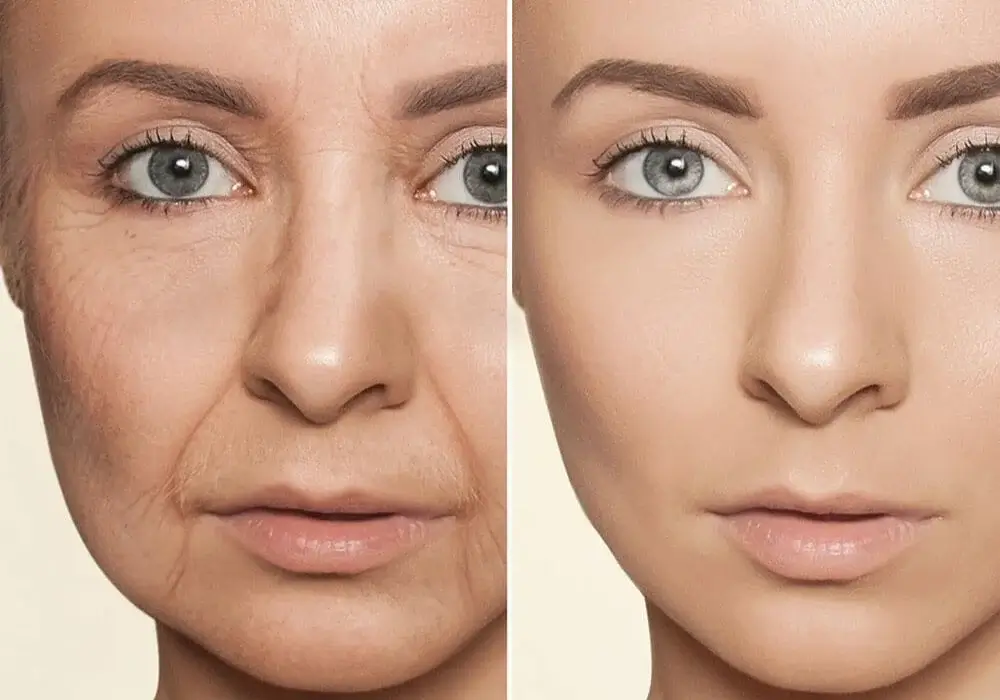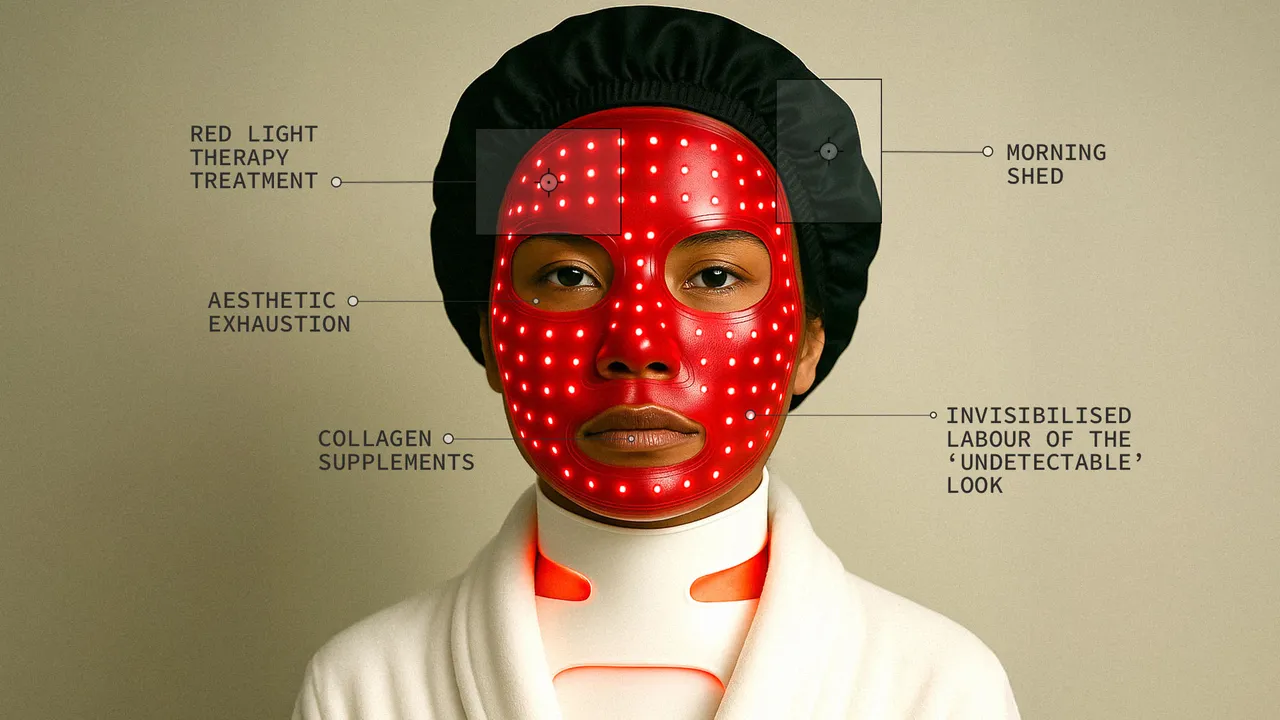Health & Beauty
AI in healthcare Using cutting-edge breakthroughs to transform patient care and operations


By Kajal Sharma - 08 Jun 2024 11:19 AM
Policies that are based on data are crucial for tackling health problems like addiction to vaping. Through the analysis of healthcare data, regulations can be assessed for their influence and modified to achieve better results.Artificial Intelligence is changing the healthcare sector quickly, helping to improve patient monitoring and combat antibiotic resistance. Ayush Tomar, a well-known expert in data science and machine learning, especially in the healthcare industry, was interviewed by Indiatoday.in. He has submitted over fifteen patent applications with the goal of leveraging AI to improve healthcare.With a master's in computer science from the University of Minnesota, I began my career in artificial intelligence. My curiosity about using AI in healthcare brought me to my current position as Director of Data Science and ML at UnitedHealth Group. Here, I've spearheaded the creation of AI-powered solutions that have revolutionized physician-patient matching and patient care, leading to the submission of more than 15 patents. Millions of patients have benefited from my work, which has greatly improved our capacity to use data for tailored treatment.
What are the advantages of using healthcare data to customize patient care? How does one go about doing so? To customize suggestions and therapies for each patient, we examine large-scale healthcare databases. We can create individualized treatment plans and link patients with the finest physicians for their particular requirements by utilizing AI. This method improves patient satisfaction, improves health outcomes, and makes better use of healthcare resources, all of which contribute to a better overall patient experience.How do you see data-driven policy choices affecting healthcare in the future, especially when it comes to pressing issues? Policies that are based on data are crucial for tackling health problems like addiction to vaping. Through the analysis of healthcare data, regulations can be assessed for their influence and modified to achieve better results. For example, our study on lung damage from vaping showed how certain FDA regulations significantly decreased the number of instances.
With the use of these knowledge, policymakers may develop programs that more effectively safeguard public health and tackle new health risks.Could you provide more details about how AI and large language models (LLMs) are enhancing patient experiences in medical settings? By streamlining and personalizing healthcare interactions, AI and LLMs greatly improve patient experiences. They facilitate the creation of individualized patient communications, automated recording, and streamlined medical record summaries. This lessens the administrative load on medical professionals, enabling them to concentrate more on patient care and enhancing the patient experience in general.
























